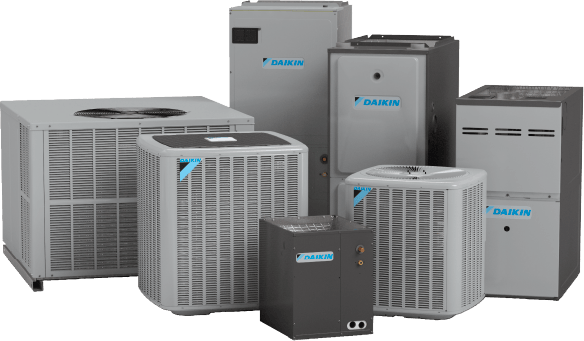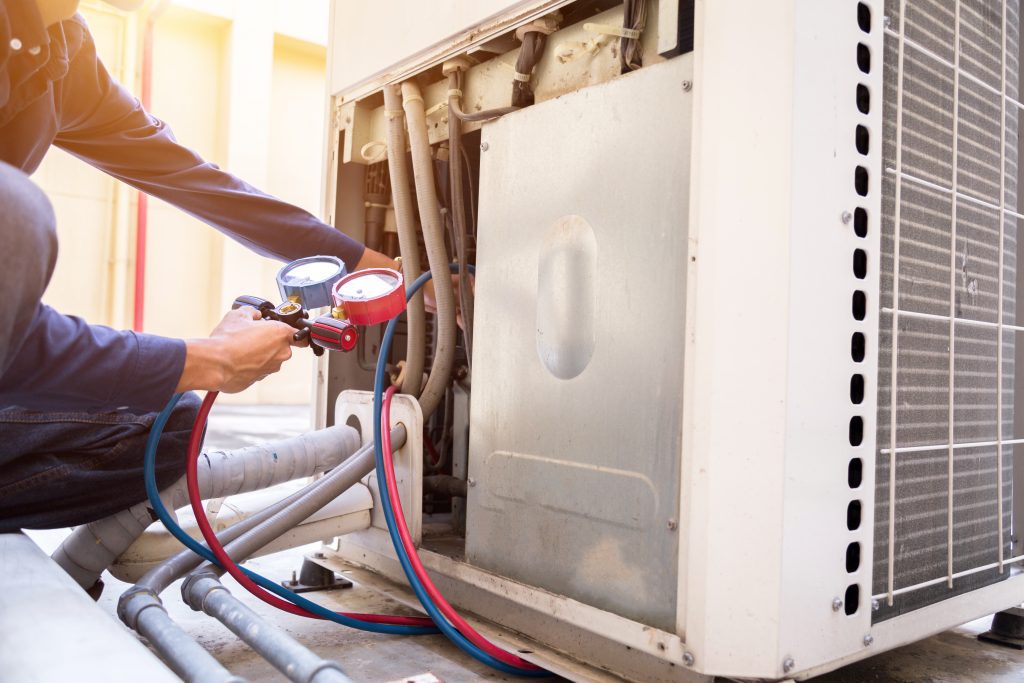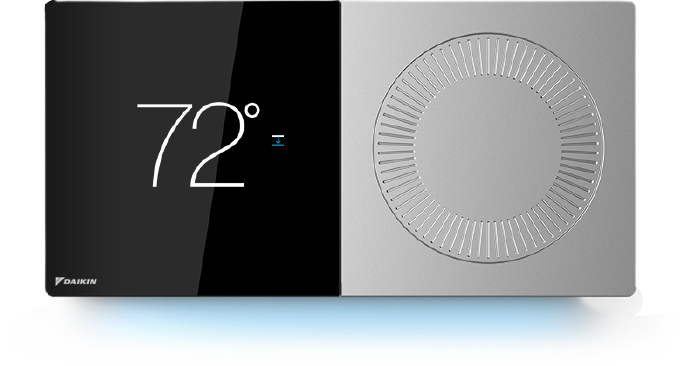Blog
SEER Rating: A Guide to Energy-Efficient Air Conditioners

As the world increasingly focuses on energy efficiency and reducing greenhouse gas emissions, it is essential for consumers to be aware of the efficiency of their air conditioning systems. One of the most important metrics for determining the efficiency of an air conditioner is the Seasonal Energy Efficiency Ratio (SEER) rating. This article will provide an in-depth look at SEER ratings, explaining what they are, why they matter, and how to choose an air conditioner with the right SEER rating for your needs.
What is the SEER Rating?
The Seasonal Energy Efficiency Ratio (SEER) is a measure of the cooling efficiency of an air conditioning system over an entire cooling season. In simpler terms, the SEER rating is a representation of the cooling capacity of an air conditioner in relation to the energy it consumes.
How is the SEER Rating Calculated?
To calculate the SEER rating, the total cooling output of an air conditioner over a typical cooling season (in BTUs) is divided by the total electrical energy consumed during that period (in watt-hours). A higher SEER rating indicates a more energy-efficient air conditioner, which in turn translates to lower electricity bills and reduced environmental impact.
SEER rating = (Total cooling output in BTUs) / (Total electrical energy consumed in watt-hours)
Several factors can impact the SEER rating of an air conditioner, affecting its overall energy efficiency. Some of these factors include:
- Compressor Technology: The type of compressor used in an air conditioner can have a significant impact on its SEER rating. Variable-speed compressors, for example, can adjust their output according to the cooling demand, leading to more efficient operation and higher SEER ratings compared to traditional single-speed or two-speed compressors.
- Condenser Coil Design: The design and material of the condenser coil play a crucial role in heat exchange efficiency. Advanced coil designs and higher-quality materials, such as copper or aluminum, can improve heat transfer efficiency, resulting in a higher SEER rating.
- Fan Motors: Efficient fan motors can reduce the overall energy consumption of an air conditioner. Electronically commutated motors (ECMs) and variable-speed fan motors are more energy-efficient than traditional single-speed motors, which can contribute to a higher SEER rating.
- Refrigerant: The type of refrigerant used in an air conditioner can also impact its rating. Some refrigerants, like R-410A, have better thermodynamic properties and lower environmental impact than older refrigerants, such as R-22, resulting in a higher SEER rating.
- Proper Installation: The way an air conditioner is installed can significantly impact its rating too. Properly sizing and installing the unit, including appropriate insulation and sealing, can ensure that the system operates at its
SEER ratings are important for several reasons, here are three key aspects to consider:
- Energy Efficiency: A higher SEER rating indicates a more energy-efficient air conditioner. By using less energy to provide the same level of cooling, you can reduce your energy consumption, ultimately lowering your electricity bills and minimizing the strain on the power grid.
- Environmental Impact: Air conditioners with higher SEER ratings are more eco-friendly because they consume less energy, which in turn leads to lower greenhouse gas emissions. By choosing a unit with a higher SEER rating, you are making a more environmentally responsible choice and contributing to the fight against climate change.
- Long-term Savings: Although air conditioners with higher SEER ratings may initially be more expensive, they can lead to significant long-term savings due to reduced energy consumption. Over time, the savings on your electricity bill can outweigh the initial cost difference, making the investment in a more energy-efficient unit financially beneficial.
Should I upgrade my Air Conditioner and Furnace at the same time?
Upgrading your AC unit and furnace simultaneously can provide numerous benefits, particularly when it comes to SEER ratings and overall efficiency. When you replace both systems at the same time, you ensure that they are properly matched and designed to work together, optimizing their performance and energy use. This will not only result in enhanced comfort within your home but also lead to significant savings on your energy bills over time.
A higher SEER rating means that an air conditioner is more energy-efficient, consuming less power to cool your home. When you purchase a new, high-efficiency AC unit and furnace together, they are more likely to be compatible with the latest technologies and innovations. This includes features such as smart thermostats, variable-speed compressors, and advanced filtration systems. By investing in a matched system with high SEER ratings, you'll maximize energy savings and potentially extend the lifespan of both units.
Additionally, when you replace both your AC unit and furnace at the same time, you can take advantage of potential rebates and incentives from manufacturers and utility companies. These offers often reward consumers for making energy-efficient upgrades, and combining the purchase of both systems may make you eligible for more substantial savings.
Conclusion
SEER Rating is a very important factor to consider when buying a new Air Conditioner. Having a higher Rating will save you money monthly, reduce your carbon footprint, and preserve the health of your system for years to come.
Click here to request a quote for an Air Conditioner with a high SEER Rating!
This article was written with the assistance of ChatGPT, developed by OpenAI accessed on 03/29/2023.








